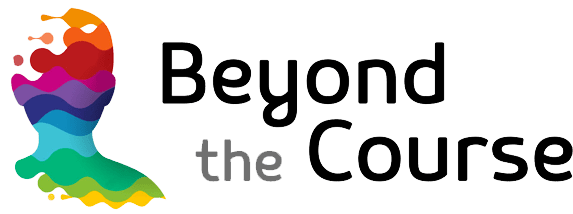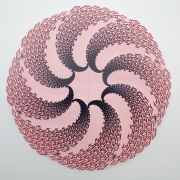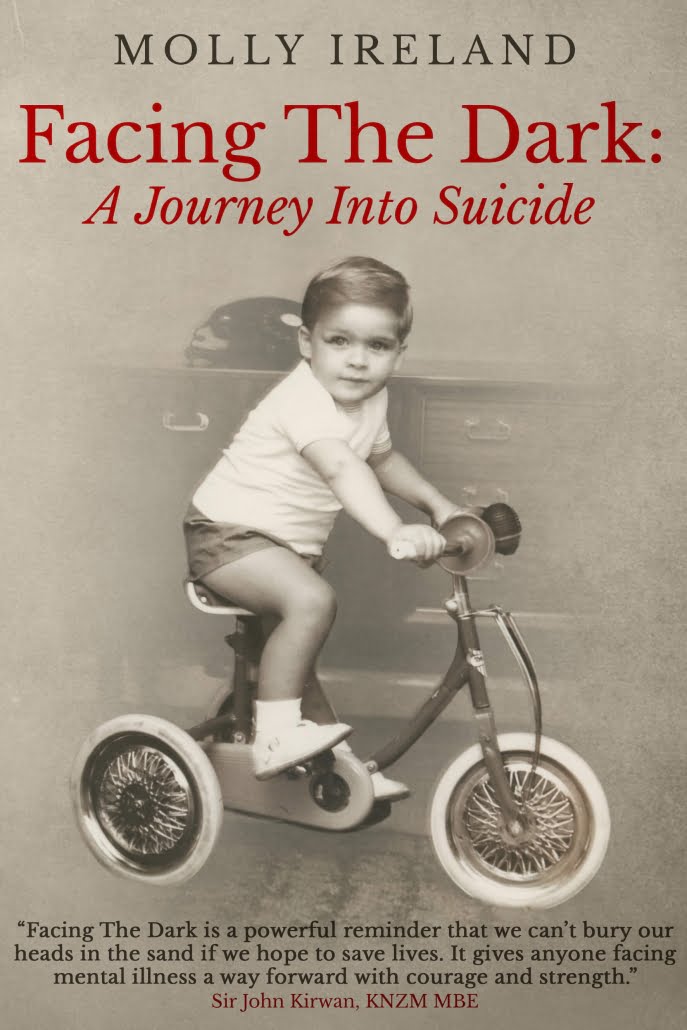Smarter Not Harder
“Work” is Obsolete.
Traditionally we’ve idealized hard work, self-sacrifice and restraint. Even though most of us were raised on this ethic, it’s rapidly becoming old news, and this is good news. If you’re not sure, just ask any Gen Zer. And like outdated software for which we now have more efficient and effective IT options, we’ve needed to upgrade for some time. The notion that the harder I work the more success I will generate doesn’t hold true.
But like everything that persists, the formula of more work = more success has a shred of truth to it. It’s true that we must exert effort to receive reward. We must place that call and put ourselves out there to create opportunities; we must commit to the tasks in front of us. We must show up and push ourselves beyond where we sometimes feel like going. That is if we want to be successful.
Smarter Not Harder.
The problem is there’s another side to this equation that’s mostly forgotten: “Smarter not harder.” And while we’re all familiar with this catch-phrase, mostly it’s too abstract to be meaningful and put into action. The reason for this is that when we try to be smarter about work we usually fall into overthinking and overscheduling; we force and then justify it as self-discipline. When we try to think our way into the smarter not harder reality, we dissect tasks and break them down; we try to analyze and plan our way into results. This approach is too rigid and exhausting to have any lasting effect. Instead, to work smarter not harder we need to use the principle of the Law of Least Effort, which show us that in any human endeavor the expenditure of the least amount of effort will accomplish the most.
The Law of Least Effort
There’s nothing wrong with analysis and planning, but we have to look at how and to what end were undertaking them because they’re only a useful first step if they’re done from a flow state rather than forceful or dominant one. If they’re done because we want to look good or beat out the competition— or from any other place of ego-dominance, for example, the consciousness behind our plans will taint our efforts and be counterproductive. That’s because …
“Low intentions always drags down results.”
The Law of Least Effort is a fundamental principle that works quietly behind the scenes in every biological system. But it’s there powerfully working its magic, nevertheless. It’s fundamental to nature. Grass doesn’t try to grow. Fish don’t try to swim. They just do. It’s our nature to turn aspirations into reality— easily and effortlessly. This is universal law. And the effectiveness of this law is partially because it doesn’t wear out the organism in the process.
When we try too hard, we exhaust ourselves and generate obstacles. Furthermore, it’s based on a fundamental insecurity that who I am and what I accomplish is not enough: a violation of another universal law. When we seek power and control over others, we waste our energy, our life force. When we seek personal recognition over team contributions, we cut off the flow of energy to ourselves, and interfere with the expression of nature’s intelligence. We waste energy chasing illusions of happiness, instead of enjoying it in the moment.
Working harder rather than smarter consumes an enormous amount of energy. This is why most people are so exhausted all of the time. When our intentions and actions are motivated by higher calibrations or as physicists call them, Attractor Fields, our efforts become like magnets gathering shards of metal. This is partially because our energy multiplies and that surplus energy can be directed anywhere we want it to go, including earning unlimited wealth. The Law of Least Effort is put into place when our actions are motivated by something other than our immediate gratifications. When we harness the power of harmony and flow, for example, we use our energy creatively for the experience of affluence and evolution. As Chinese Taoist philosopher Lao Tzu once said, “an integral being knows without going, sees without looking, and accomplishes without doing.” This is because …
Small, subtle shifts in consciousness create massive differences in the physical world.
This is just science.
If you find yourself asking how this is possible, get in touch (link to possibilitycoach) and I’ll show you.






